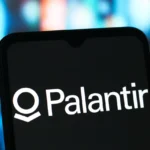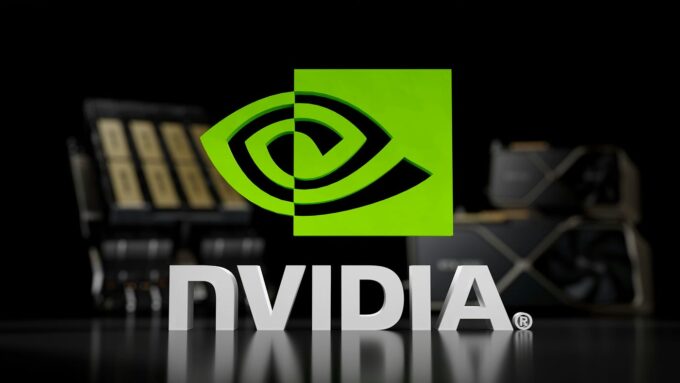Meta has officially taken its first step toward developing artificial super Intelligence (ASI), a form of AI capable of outperforming humans across most tasks and autonomously improving itself. CEO Mark Zuckerberg announced that Meta’s latest AI models are demonstrating self-improvement a significant milestone in pursuit of ASI. He describes the current progress as “slow but undeniable,” highlighting Meta’s commitment to building AI that could fundamentally transform how people live, work, and interact.
Driven by ambitions for “personal super Intelligence,” Meta is reorganizing its extensive AI divisions under the new Meta Super Intelligence Labs (MSL), assembling elite talent and investing billions in infrastructure including vast, high-capacity data centers. Meta’s strategy includes recruiting top AI scientists and acquiring leading edge companies, as seen in the acquisition of Scale AI and its founder Alexandr Wang, in order to supercharge the development process.
However, Zuckerberg has also revealed a crucial shift in Meta’s approach to opensource AI. While Meta previously provided developers and researchers free access to its leading Llama language models, the company will now hold back its most powerful and potentially risky AI systems from public release. Zuckerberg cites novel safety and societal concerns: the risks associated with open access to super intelligent AI, including misuse, misinformation, and loss of human control, outweigh the benefits of continued transparency.
This decision contrasts with Meta’s earlier commitment, which positioned the company as a champion of open-source AI and set it apart from more secretive competitors like OpenAI and Google DeepMind. Now, Meta is signaling that the journey toward super intelligence demands tighter controls and selective transparency. Advanced models and associated breakthroughs will be used to power Meta’s products and platforms such as future augmented reality glasses and virtual assistants but not shared freely with the wider developer community.
The move raises important questions within the AI research field about openness, collaboration, and responsible innovation. Critics worry that restricting public access to cutting-edge systems could slow scientific progress and centralize power in a few tech giants. Supporters argue that stronger controls are necessary to protect society from unknown risks as AI models grow ever more capable. Zuckerberg’s policy signals a new era for AI development: as Meta chases the goal of super intelligence, caution and containment will take precedence over openness and collective advancement.
Source: Afifi-Sabet, K. Meta AI takes first step to super Intelligence and Zuckerberg will no longer release the most powerful systems to the public.









Leave a comment